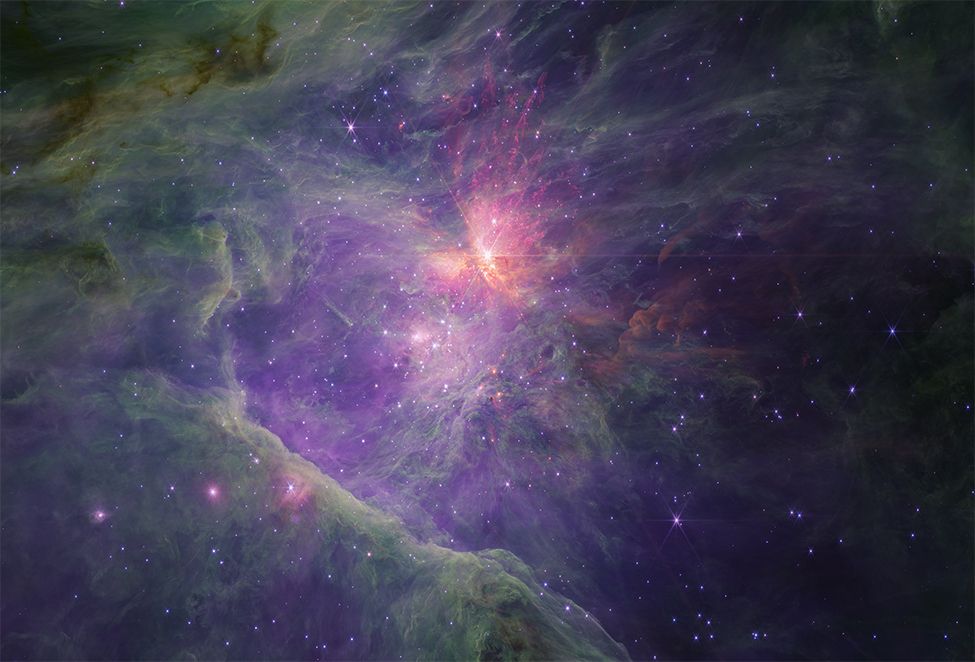-

-
-
Loading

Loading

The James Webb Space Telescope (JWST) has detected Jupiter-sized "planets" floating freely in space without any connection to a star. What's particularly intriguing about this discovery is that these objects seem to be moving in pairs, a phenomenon that astronomers are struggling to explain. The telescope observed about 20 pairs of these objects in a detailed survey of the famous Orion Nebula, dubbing them Jupiter Mass Binary Objects, or "JuMBOs" for short. There are two possible explanations for their existence. One is that these objects developed in parts of the nebula where there wasn't enough material to form complete stars. The other possibility is that they were originally formed around stars and were then expelled into interstellar space through various interactions. Currently, the favored explanation is the ejection hypothesis, but astronomers are still searching for a definitive answer. The JWST's advanced resolution and infrared sensitivity have greatly added to the knowledge obtained by previous telescopes like the Hubble Space Telescope. The Orion Nebula, also known as M42, is the closest large region where stars are formed to Earth. It can be seen as a smudge in the constellation of Orion and is made up of thousands of young stars, some of which have surrounding discs of gas and dust that could be forming planets. The image captured by the JWST is a mosaic of 700 views, revealing the intricate details of the nebula. The full-size survey image contains a wealth of information, including the JuMBOs that have captured astronomers' attention. This unexpected discovery challenges current models of planetary formation and raises the possibility that binary pairs of planets are more common than previously thought. The European Space Agency (ESA) will be publishing the full image of M42 on its EsaSky portal for public exploration, and initial papers describing the survey and the JuMBO discovery will be made available on the arXiv pre-print server. The JWST is a collaboration between the US, European, and Canadian space agencies.